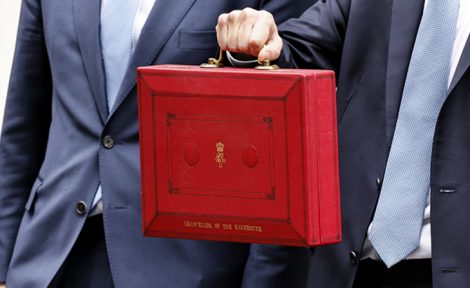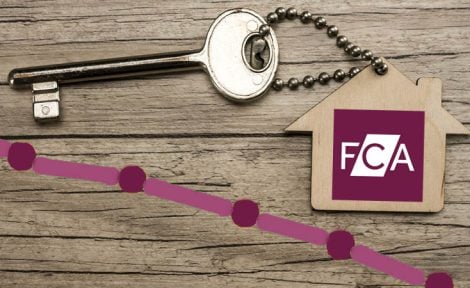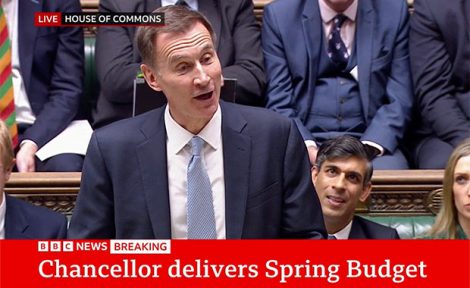Mortgage chief calls stamp duty hike ‘political stunt’
George Osborne’s clampdown on buy-to-let investors will be “ineffective for its purported aims,” says Managing Director of Vere Mortgages.
 George Osborne’s decision to raise stamp duty for buy-to-let landlords has been dismissed as a “political stunt” by Managing Director of Vere Mortgages, part of deVere Group, one of the world’s largest independent financial advisory organisations.
George Osborne’s decision to raise stamp duty for buy-to-let landlords has been dismissed as a “political stunt” by Managing Director of Vere Mortgages, part of deVere Group, one of the world’s largest independent financial advisory organisations.
The Chancellor announced an additional 3 per cent stamp duty on second homes and buy-to-let properties in his Autumn Statement, adding thousands of pounds in tax. A property worth £275,000 will currently cost £3,750 in stamp duty but will cost £10,800 from next April when the tax rise comes into play.
Buy-to-let is increasing and is currently at the highest level since before the financial crash in 2008.
 Rather than dampen the buy-to-let market and free up much needed properties for first-time buyers, Mike Coady (left), who heads deVere Mortgages, believes that the clampdown on buy-to-let investors will be “ineffective for its purported aims” of raising cash to help first-time buyers and paying for more affordable housing.
Rather than dampen the buy-to-let market and free up much needed properties for first-time buyers, Mike Coady (left), who heads deVere Mortgages, believes that the clampdown on buy-to-let investors will be “ineffective for its purported aims” of raising cash to help first-time buyers and paying for more affordable housing.
Describing the tax measure as “something of a political stunt”, Coady thinks that the Government’s desire to be seen to be acting on this “emotive and topical issue” by appealing to the “politics of envy” with buy-to-let landlords and second homeowner the targets, will not just “trigger something of a ‘rush-to-buy’ phenomenon between now and April” but may do little to dampen demand in the medium to longer term.
“Despite the 3 per cent stamp duty surcharge, which is not ideal of course, most investors will still regard investing in property in the UK, especially in areas like London, the South East and Manchester, as an attractive and safe investment opportunity,” he said.
Meanwhile, the Institute for Fiscal Studies (IFS) warns that fewer homes could now be built as a consequence of Chancellor’s stamp duty surcharge on buy-to-let and second home purchases from April 2016.
Buy-to-let investors are already reeling from another draconian tax change: the removal of their ability to claim tax relief on interest payments, to be phased in from April 2017.
Stuart Adams, at the IFS, forecasts that the tax hikes could deter many property developers, with less reason to invest, cooling housebuilding levels, owed partly to a potential fall in house prices.
 “Properties will be worth less because potential landlords and potential homeowners won’t be willing to pay as much for them,” Adams said.
“Properties will be worth less because potential landlords and potential homeowners won’t be willing to pay as much for them,” Adams said.
“If property developers don’t feel they’re going to get as much for them, then there’s less incentive to develop it,” he added.
Adrian Gill (right), Director of Reeds Rains and Your Move, concurred that levying an additional 3 per cent stamp duty on buy-to-let purchases has “introduced a massive stumbling block to supply in the private rented sector”.



